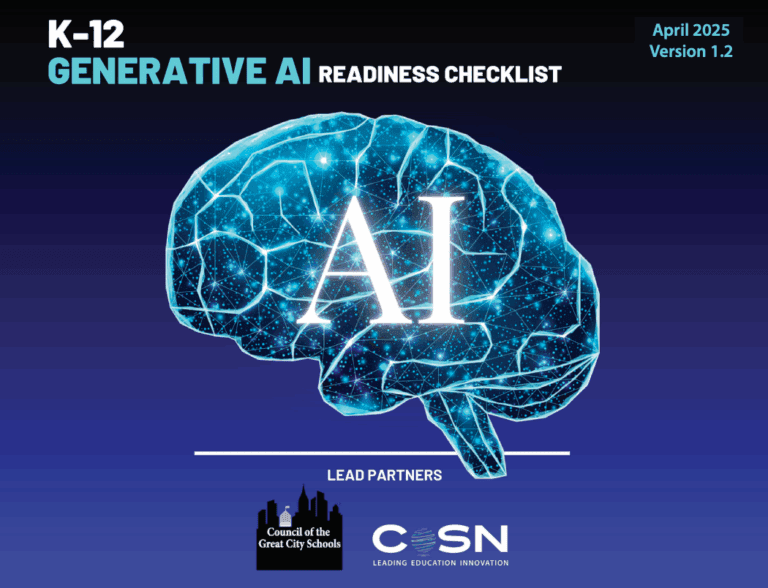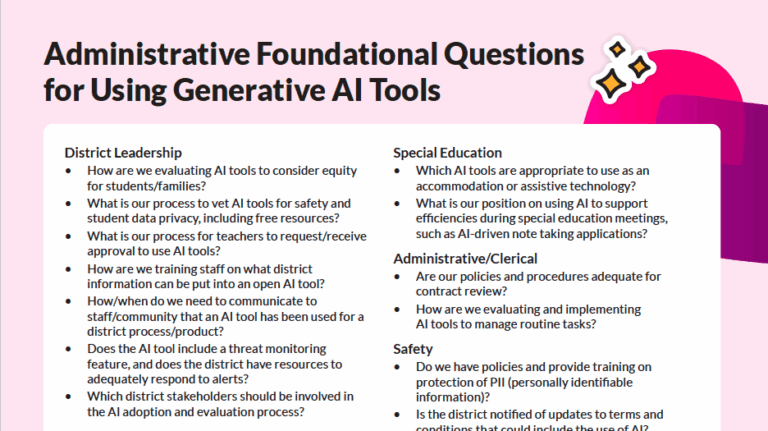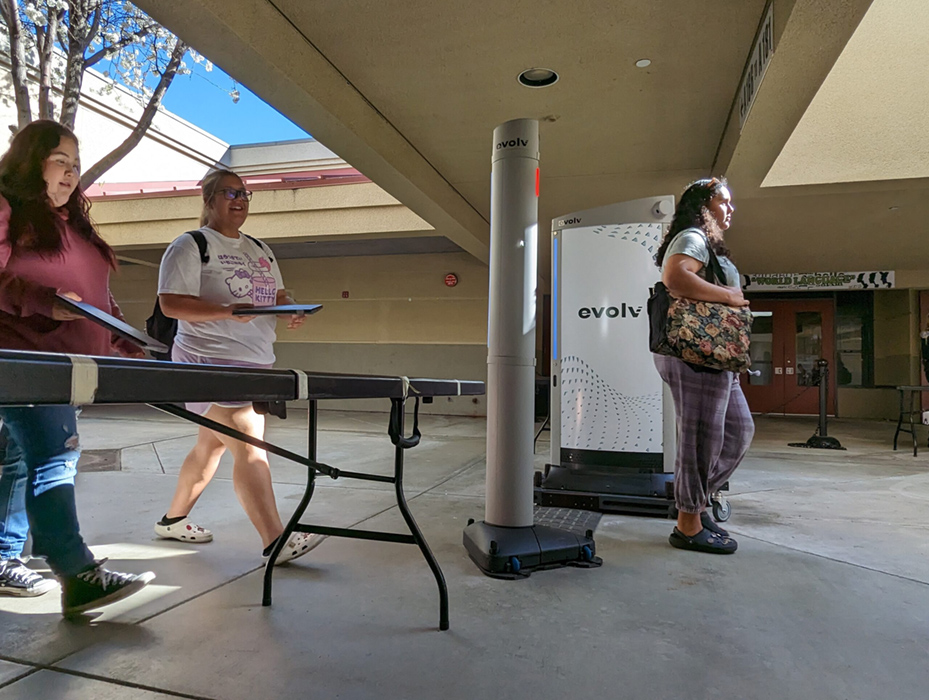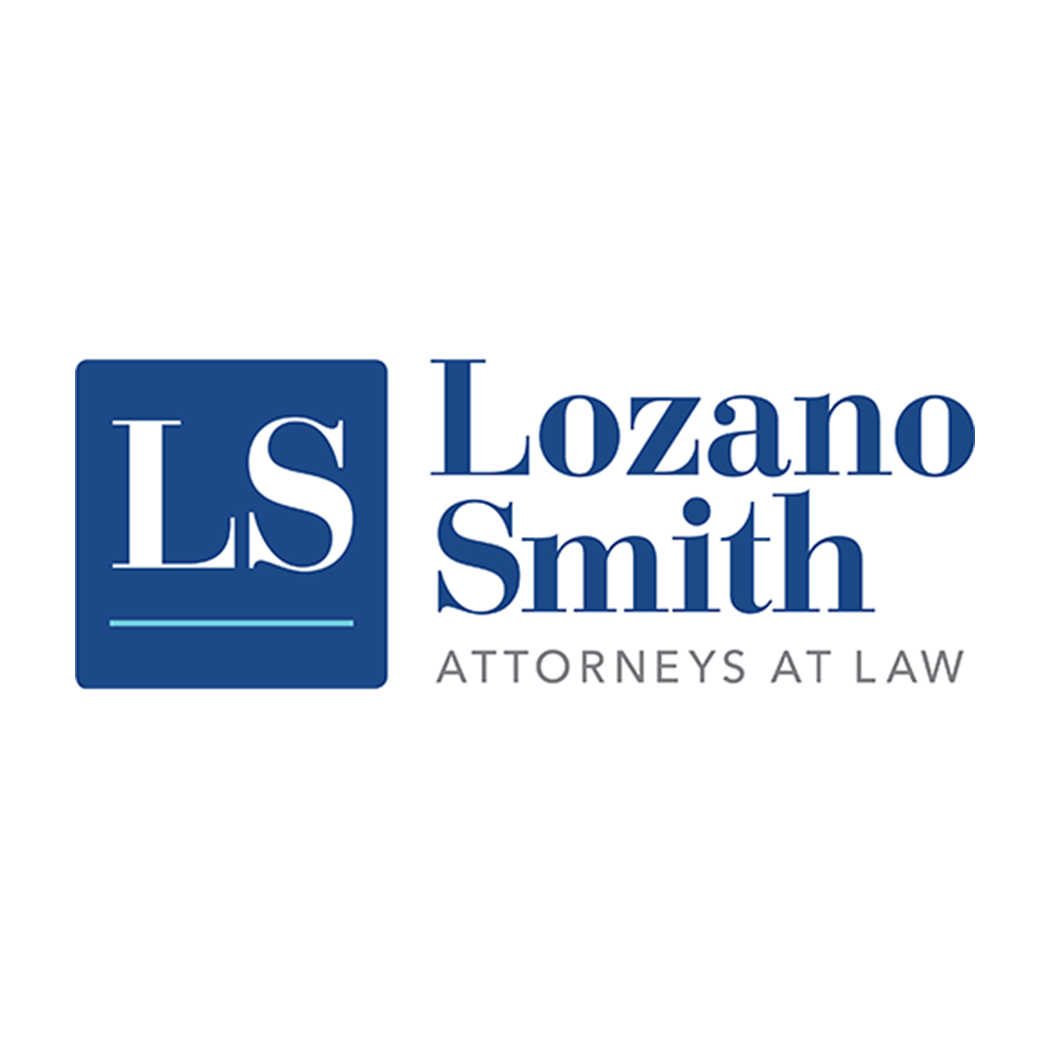This resource is provided by ACSA Partner4Purpose Lozano Smith.
Governor Newsom has signed Assembly Bill (“AB”) 1667, overhauling key parts of the CalSTRS benefit overpayment recovery process. AB 1667 stipulates that the party responsible for the error that caused a benefit overpayment must pay CalSTRS the full amount of the overpayment. AB 1667 also establishes a safe harbor for school district employers, where they can request an advisory letter from CalSTRS when reporting compensation. The full text of AB 1667 is located here.
Benefit Overpayment
Starting on January 1, 2023, AB 1667 specifies who CalSTRS may recover from upon incidents of overpayment based on who is at fault for the overpayment. When the member is at fault, AB 1667 requires all overpaid amounts due to inaccurate information provided by a member to be recovered from the member. When the employer is at fault, AB 1667 requires all overpaid amounts to be recovered from the employer. However, if CalSTRS causes the overpayment, the money is then annually recovered from the State and employers, with interest.
AB 1667 has eliminated the requirement for CalSTRS to calculate the actuarial present value of the expected payments when the employer commits an error, and no longer requires the employer to pay the difference between the total amount of the overpayment and the calculation of the actuarial present value of the expected payments.
Audit Reports
Starting on January 1, 2023, AB 1667 permits employers and the union representatives of affected members to challenge a draft audit report and appeal the final audit report. AB 1667 stipulates that prior to an audit, CalSTRS must provide the employer and the union representatives of affected members with written notice of the audit, as well as the purpose and scope of the audit. CalSTRS must also issue preliminary audit findings to the employer and union representatives of the affected members. The employer and representatives of the affected members have at least sixty (60) days to provide CalSTRS with written responses, which CalSTRS must consider before preparing their final audit report. CalSTRS must provide both the employer and union representatives of the affected members with the final audit report. Both the employer and member affected by an audit may appeal the audit report by requesting an administrative hearing within ninety (90) days of receipt of the final audit report.
Safe Harbor
Starting on July 1, 2023, AB 1667 authorizes an employer or the union representing the employees at issue to request an advisory letter from CalSTRS instructing how specific compensation should be reported to the system. CalSTRS, after review of the relevant information provided by the employer, would then provide formal written guidance for the proper reporting of the compensation. The advisory letter is due to the requesting employer (and union if requested by the union) within 30 days of receipt of all information requested by the system. This new law permits employers to get direct guidance from CalSTRS on how to report compensation for individual employees, so long as they submit accurate and detailed information for CalSTRS to review. If compensation reported in accordance with an advisory letter is later determined by CalSTRS to have been reported in error, any overpayment or penalty would be deemed an error by the system, and would be recovered with interest, 85% from the State and 15% from all employers. The advisory letter may be superseded by State or federal law, an executive order from the Governor, or a system rule.
Takeaways
AB 1667 significantly increases employer liability for benefit overpayments resulting from payroll reporting errors. Previously, employers were only responsible for the projected actuarial present value of the amount that could not be collected from the retiree. Now, if the overpayment is the result of a payroll reporting error caused by the employer, the employer will be responsible for the entire amount. AB 1667 also now permits the employees and their union representatives to participate in the draft audit process and appeal any final audit reports through an administrative hearing. Additionally, AB 1667 provides an excellent opportunity for public employers to receive guidance from CalSTRS for all compensation agreements through an advisory letter request, whether after bargaining with the union, or negotiating with employees on individual employment contracts. While the safe harbor does not take effect until July 1, 2023, employers should familiarize themselves with the new legislation, and prepare to send requests for advisory reports from CalSTRS for all compensation agreements to avoid missing out on the safe harbor.
For questions regarding the impacts of AB 1667, or for assistance with seeking a CalSTRS determination on how to report compensation, contact one of Lozano Smith’s eight offices located statewide.

































